23 Oct 2019
University of Cambridge involved in £55m transatlantic alliance to research early detection of cancer
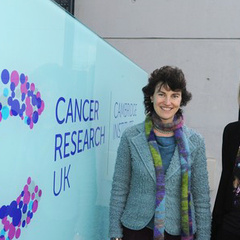
4 Oct 2019
Study highlights potential of whole genome sequencing to enable personalised cancer treatment

4 Oct 2019
Type 2 diabetes remission possible with ‘achievable’ weight loss, say researchers

18 Sep 2019
Nanoparticles used to transport anti-cancer agent to cells
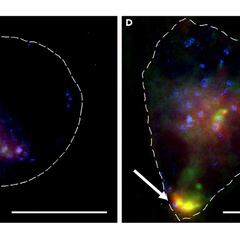
13 Aug 2019
New stem cell combination could help to repair damaged hearts
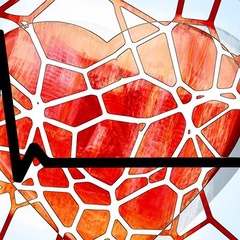
11 Jul 2019
Cambridge Heart and Lung Research Institute receives major funding boost

1 Jul 2019
Widely-available antibiotics could be used in the treatment of ‘superbug’ MRSA
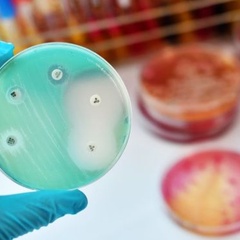
13 Jun 2019
Cause of hardening of the arteries – and potential treatment – identified
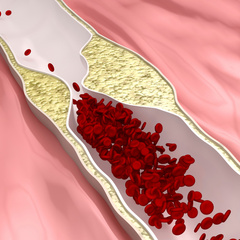
9 May 2019
New approach to drug discovery could lead to personalised treatment of neuropsychiatric disorders
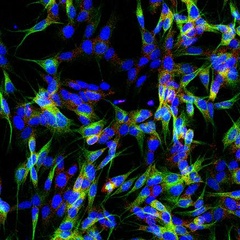
2 May 2019
Cambridge spin-out PolyProx Therapeutics raises £3.4m seed financing
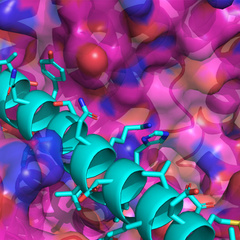
30 Apr 2019
‘Fingerprint database’ could help scientists to identify new cancer culprits

30 Apr 2019
Discovery of genetic variants that protect against obesity and type 2 diabetes could lead to new weight loss medicines

30 Apr 2019
Blood pressure drug shows promise for treating Parkinson’s and dementia in animal studies
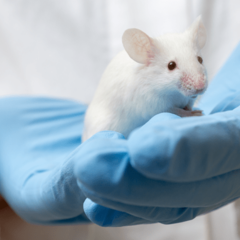
14 Mar 2019
Evidence-based web tool aims to better inform and refine need for treatment in early prostate cancer

7 Mar 2019
HIV remission achieved in second patient

